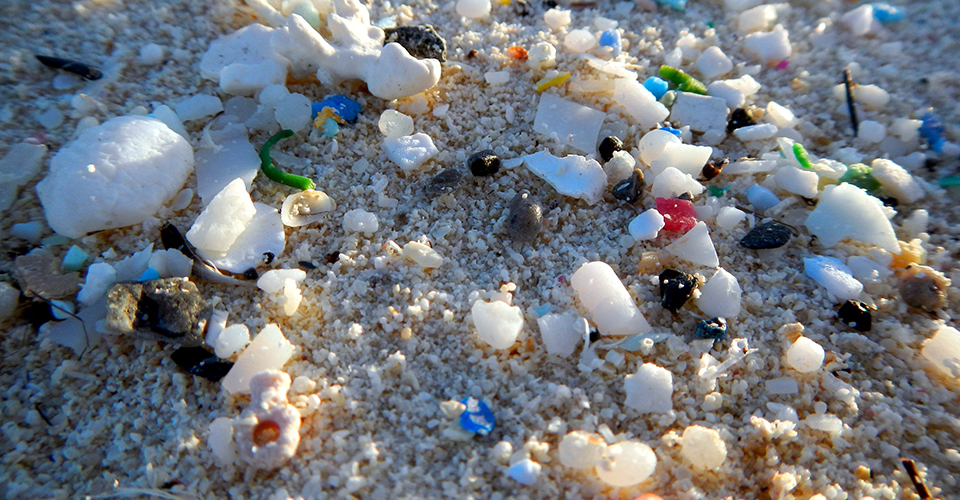United Nations Adopts Historic Resolution to End Plastic Pollution
Today, after a week of debate, the United Nations Environment Assembly (UNEA-5.2) in Nairobi unanimously approved a resolution to end plastic pollution, setting the stage to create a legally binding treaty by 2024 to prevent and reduce global plastic pollution.

Microplastics image courtesy NOAA
Plastic production has risen exponentially in the last decades with 11 million metric tons estimated to end up in the world’s ocean each year.
The landmark agreement commits to addressing the full lifecycle of plastics and calls for enhanced international collaboration to advance solutions and circular economy approaches – to reduce the impact of plastic pollution from its source to the sea.
The resolution aligns with the Statewide Microplastic Strategy adopted by the Ocean Protection Council on February 23, 2022, recognizing:
- High and rapidly increasing levels of plastic pollution represent a serious environmental problem at a global scale, negatively impacting sustainable development.
- Plastic pollution includes microplastics.
- Plastic pollution impacts the marine environment.
- Plastic pollution, in marine and other environments, can be of a transboundary nature and needs to be tackled, together with its impacts through a full lifecycle approach taking into account national circumstances and capabilities.
- The urgent need to strengthen the science-policy interface at all levels, improve understanding of the global impact of plastic pollution on the environment, and promote effective and progressive actions at the local, regional and global level.
- The importance of promoting sustainable design of products and materials to be reused, remanufactured or recycled to minimize waste.
- The need for national action plans to prevent, reduce, and eliminate plastic pollution, and overarching need to support regional and international cooperation.
“This ambitious mandate creates the opportunity for a global effort to reduce plastic pollution,” said Marce Gutiérrez-Graudiņš, Executive Director, of AZUL, a California-based environmental justice organization that jointly authored the United Nations’ report NEGLECTED: Environmental Justice Impacts of Marine Litter and Plastic Pollution. “This is an unquestionable and hard-fought win for environmental justice — for far too long, the injustices caused by plastic pollution, and the generation of it have negatively affected vulnerable populations around the world and the natural resources they depend on to live.”
“Plastics have threatened the health of our oceans and communities, without coordinated, global action, for far too long,” said Mark Gold, Executive Director, Ocean Protection Council. “California will continue to partner with the international community to advance the science and solutions needed to take meaningful action.”

